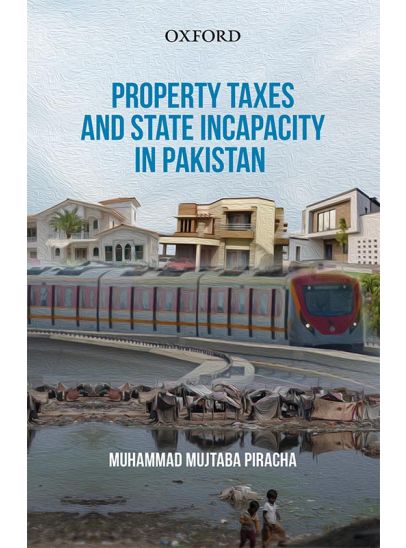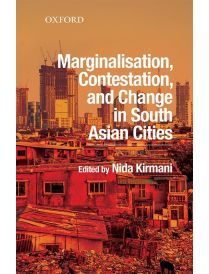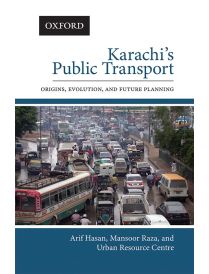Property Taxes and State Incapacity in Pakistan
Winner of the 2022 Bloomsbury Pakistan Book Prize
This book helps deepen our understanding of state-citizen engagement in Pakistan’s particularly difficult context, especially around its struggles with establishing stable local governments—a level of government that is essential to many of its citizens’ most demanded services—and establishing a progressive tax regime. It ably brings together these two essential facets of governance, and in the great tradition of ethnographies of the state, takes us deep into a barely understood but absolutely central part of the state apparatus in Pakistan.
– SHANDANA KHAN MOHMAND,
Governance Cluster Leader and Research Fellow, Institute of Development Studies,
University of Sussex, UK
This book examines the reasons for low local taxes in Pakistan, but it is unbelievably multifaceted. It provides a rich description of the institutional architecture of Pakistan’s federal fiscal system, analyses the perverse incentives it creates for local tax effort, presents rich primary evidence on the incentives created by the formal and informal arrangements that govern property taxation, and addresses issues of public policy. The contribution is a richly illustrated study of how the real tax system works, the values and work styles of the property tax collectors and the role political economy, informality and constant negotiation between collectors and property holders play in creating an equilibrium that ensures low collection. The book is a must read for reformers and academics.
– ALI CHEEMA,
Associate Professor of Economics, LUMS
 Weight in kg
0.27
Weight in kg
0.27
 Rights
World
Rights
World
 Year of Publication
2021
Year of Publication
2021
 Binding
Paperback
Binding
Paperback
 Pages
246
Pages
246




 Bulk Order
Bulk Order Request a Quote
Request a Quote





